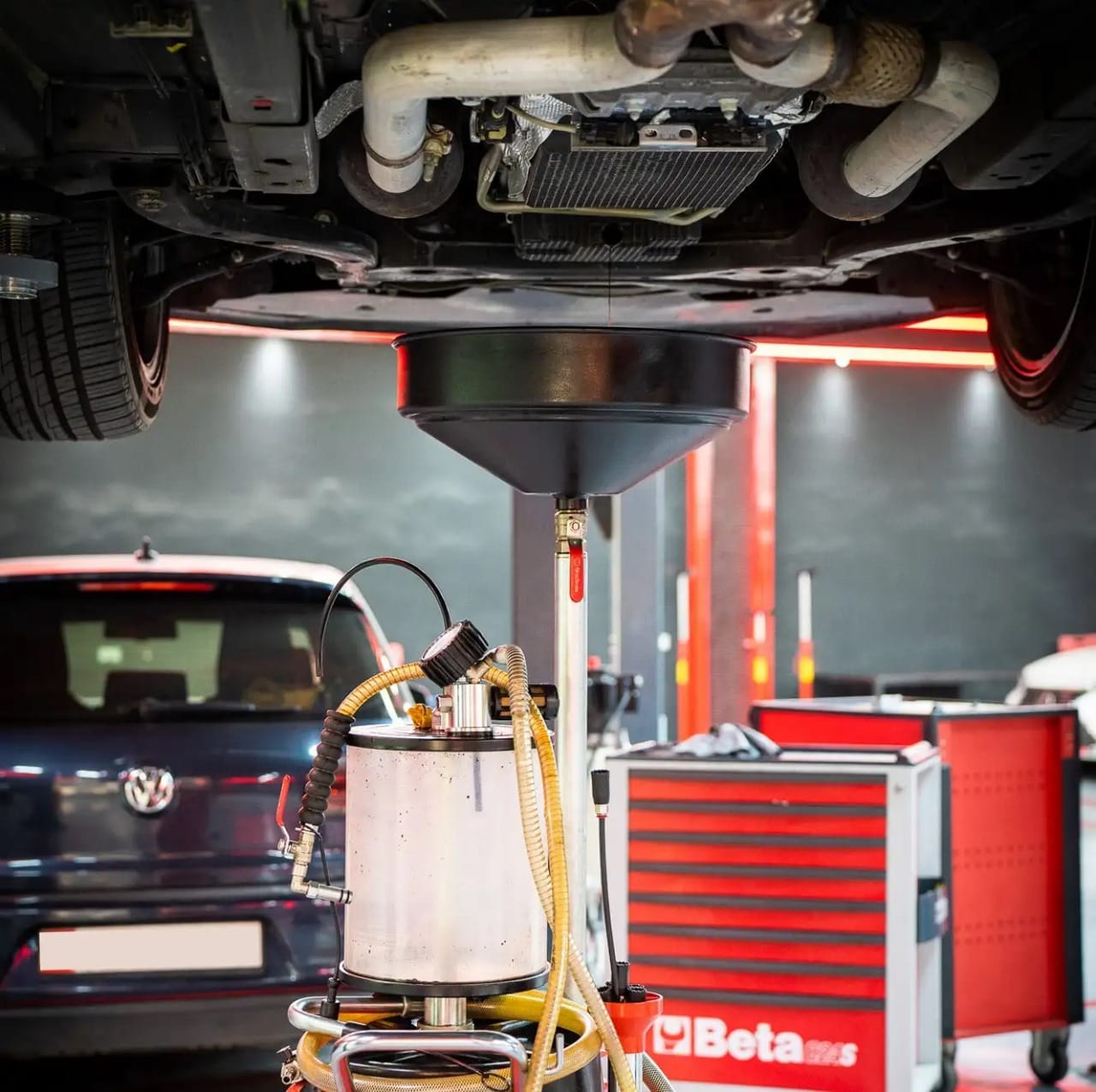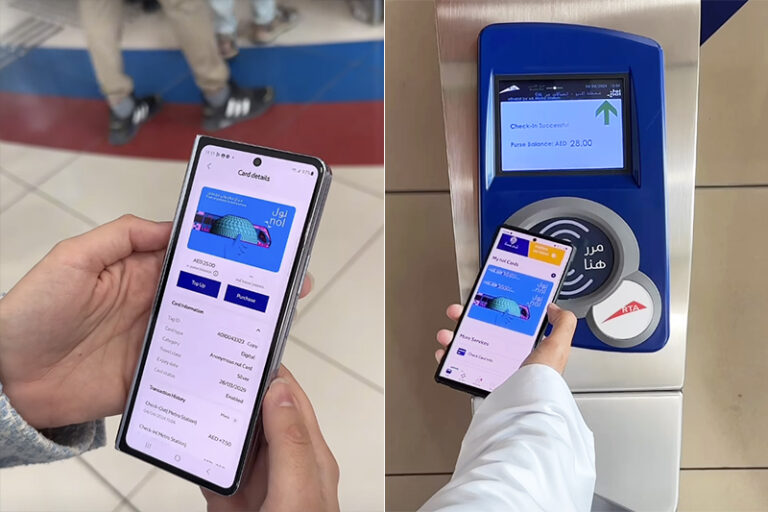Engine Oil Leaking from the Bottom of the Car? What You Need to Know
If you notice oil leaking from the bottom of your car, it can be alarming. While a small oil leak might not seem like a big deal at first, it can quickly lead to more serious problems. Engine oil is essential for keeping your engine running smoothly, and losing too much of it can cause damage. In this guide, we’ll explain why oil leaks happen, what the common causes are, and how you can fix them in simple terms.
Why Is My Car Leaking Oil?
Before we dive into the details, let’s understand why oil leaks from a car. Engine oil is like the lifeblood of your vehicle. It lubricates all the moving parts inside the engine to reduce friction and heat. If there’s a leak, it means oil is escaping from somewhere, and that can lead to serious engine damage if not addressed.
How to Tell If Your Car Is Leaking Oil
You don’t need to be a mechanic to figure out if your car is leaking oil. Here are some easy ways to check:
- Look Under the Car: If you see dark, greasy spots on the ground under your car, that’s usually a sign of an oil leak.
- Check the Oil Level: You can use the dipstick to check your car’s oil level. If it’s lower than normal, even though you haven’t driven much, there might be a leak.
- Oil Light on Dashboard: Some cars have an oil warning light on the dashboard. If it turns on, it could be due to a leak.
- Burning Oil Smell: If you smell something like burning oil, it could mean oil is leaking onto the hot engine parts.
Common Causes of Oil Leaks
There are several reasons why your car might be leaking oil from the bottom. Here are the most common causes:
1. Worn Out Gaskets
Gaskets are seals that sit between two parts of the engine. Over time, these gaskets can wear out or crack, causing oil to leak. The oil pan gasket, which is located at the bottom of the engine, is one of the most common culprits.
2. Loose or Damaged Oil Pan
The oil pan is a container located under the engine that holds the oil. If the oil pan is loose, cracked, or damaged, oil can leak out from the bottom of the car.
3. Oil Filter Problems
The oil filter removes dirt and debris from the oil before it circulates through the engine. If the oil filter is not installed correctly or is damaged, it can cause a leak.
4. Drain Plug Issues
The drain plug is a small screw at the bottom of the oil pan that is removed when you change the oil. If the plug is loose or worn out, oil can leak through the hole.
5. Worn Seals
Just like gaskets, seals keep oil inside the engine. Over time, these seals can crack and allow oil to escape, especially from places like the camshaft or crankshaft.
6. Oil Cap Not Tightened Properly
Sometimes the problem is as simple as the oil cap not being tightened properly. If the cap is loose, oil can spill out and end up leaking from the bottom of the car.
Is It Safe to Drive with an Oil Leak?
Driving with an oil leak isn’t a good idea. Oil keeps your engine cool and lubricated, and without it, your engine can overheat and suffer serious damage. If you continue driving with low oil levels, you could end up with a seized engine, which is an expensive repair.
Even a small leak can turn into a bigger problem over time. If you notice any signs of an oil leak, it’s best to get it checked as soon as possible.
How to Fix an Oil Leak
If you’re comfortable working on your car, you can try to fix the oil leak yourself. However, if you’re not sure, it’s always better to take your car to a professional mechanic.
Here’s a step-by-step guide on how to fix a basic oil leak:
Step 1: Find the Source of the Leak
The first step is to locate where the oil is leaking from. Use a flashlight to inspect the area under your car and around the engine. Look for oil stains or drips.
Step 2: Check the Oil Filter and Drain Plug
If the oil filter or drain plug is loose, that could be the source of the leak. Tighten the oil filter and drain plug using a wrench. If the filter or plug is damaged, you may need to replace them.
Step 3: Inspect the Gaskets and Seals
If the oil is leaking from the oil pan or valve cover, the gaskets may need to be replaced. Replacing gaskets can be tricky and might require you to remove parts of the engine, so it’s often best left to professionals.
Step 4: Clean the Area
After making the repair, clean the area around the leak with a degreaser. This will help you see if any more oil is leaking in the future.
Step 5: Test the Car
Once you’ve made the repair, check the oil level and add more oil if necessary. Start the car and let it run for a few minutes to see if the leak has stopped. Look under the car again to see if any oil is still leaking.
Preventing Future Oil Leaks
While some oil leaks are inevitable as your car ages, there are a few things you can do to prevent them:
- Regular Oil Changes: Changing your oil regularly can help prevent leaks by keeping your engine well-lubricated and reducing the chance of wear on seals and gaskets. You can visit car oil change services to maintain your car and avoid future leaks.
- Check Oil Levels: Always keep an eye on your car’s oil level. Low oil levels can increase the chance of engine damage and leaks.
- Inspect Gaskets and Seals: During routine maintenance, ask your mechanic to check the condition of gaskets and seals. Replacing them before they wear out can prevent leaks.
When to See a Mechanic
If you’ve tried fixing the oil leak yourself and it’s still not solved, or if you’re not sure how to start, it’s time to see a mechanic. A professional can quickly find the source of the leak and fix it before it leads to more serious problems. If you’re in Abu Dhabi, visit car repair Abu Dhabi for reliable and expert car services.
Conclusion
An oil leak might seem like a small issue, but it can lead to bigger and more expensive problems if left untreated. Understanding the common causes of oil leaks and knowing how to fix them can save you time, money, and stress. If you’re ever in doubt, it’s always best to take your car to a trusted mechanic to prevent further damage.
By regularly checking your oil levels and performing basic maintenance, you can keep your car running smoothly and avoid oil leaks altogether.







